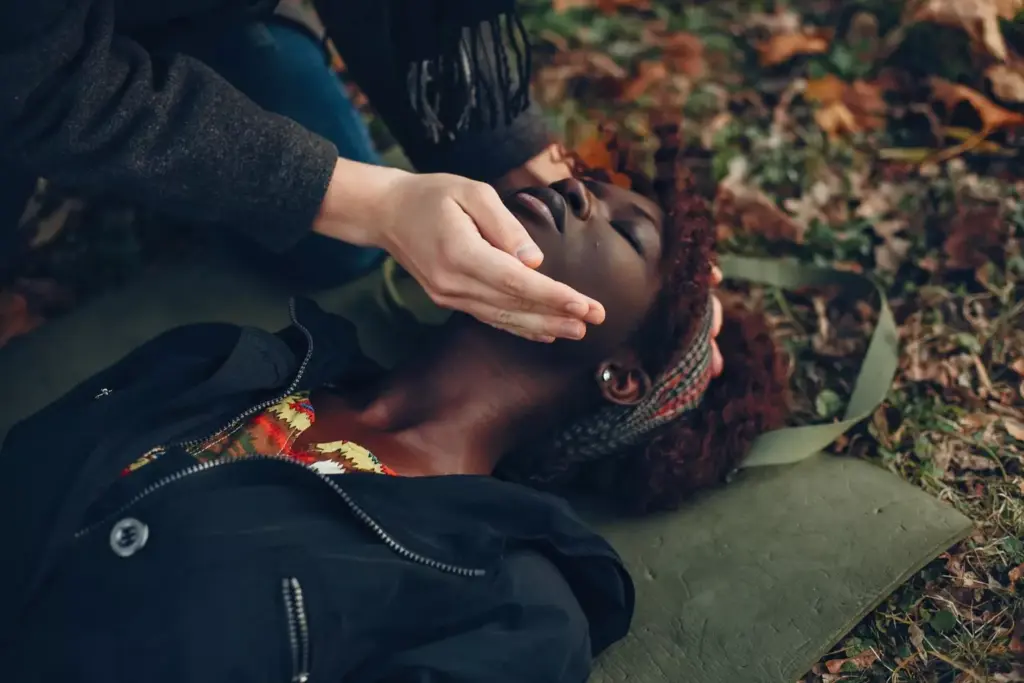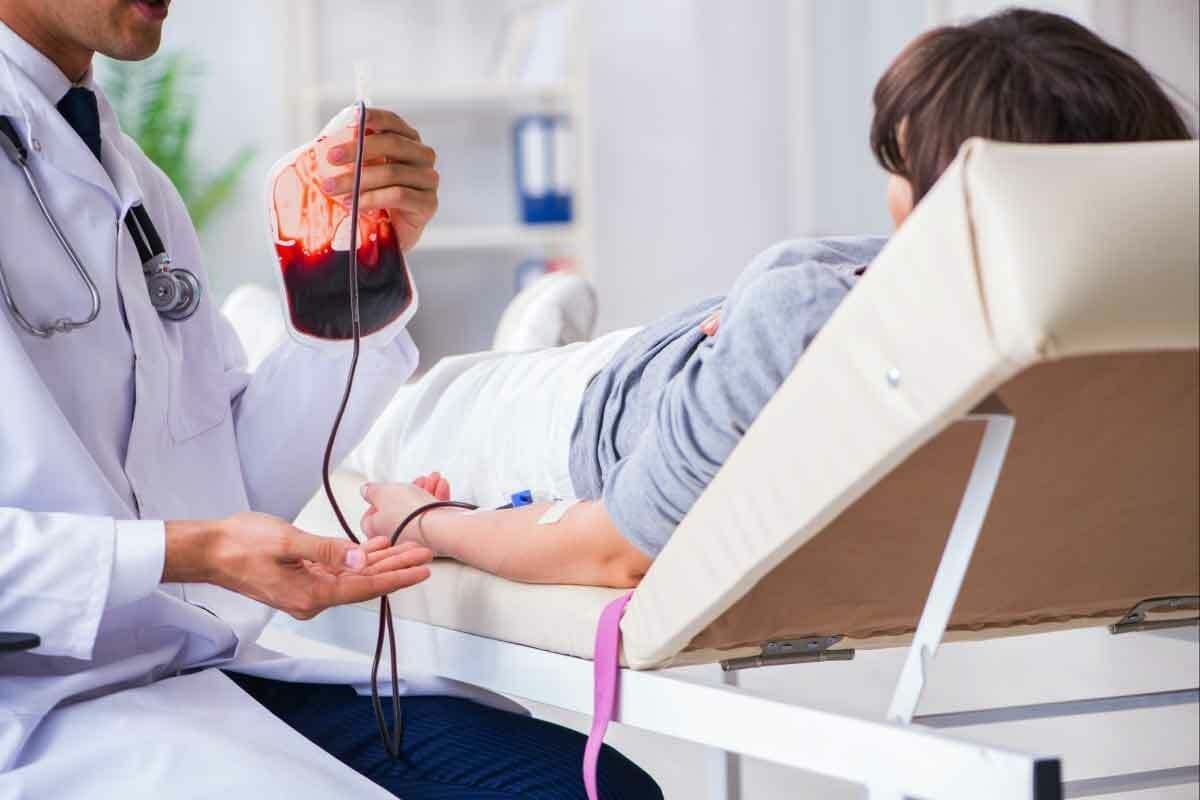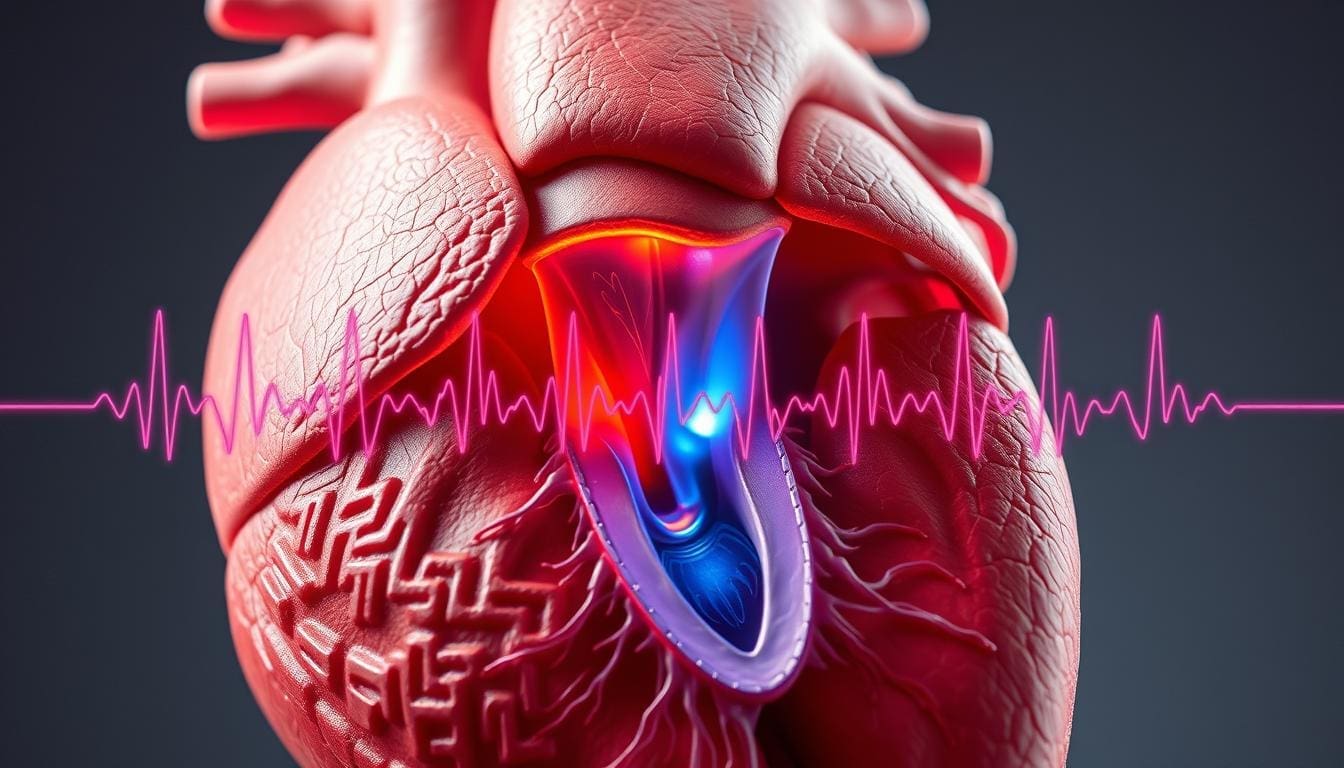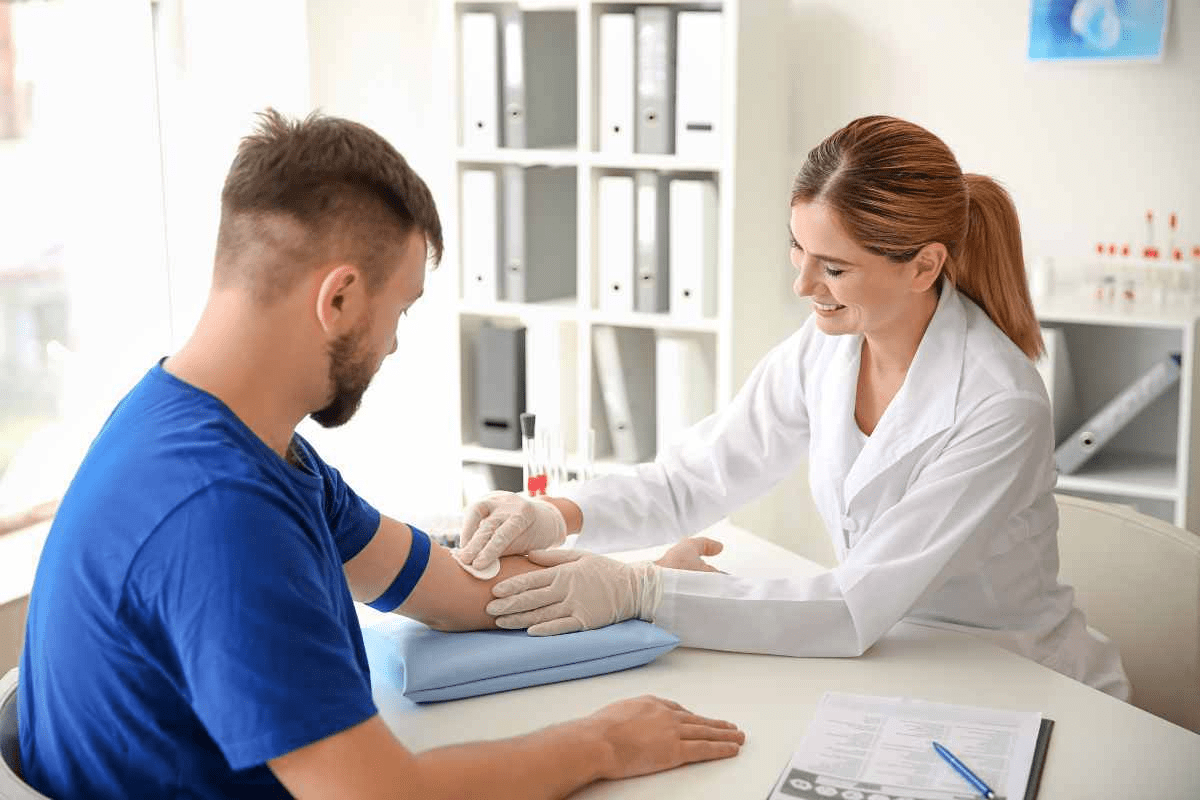Last Updated on November 26, 2025 by Bilal Hasdemir
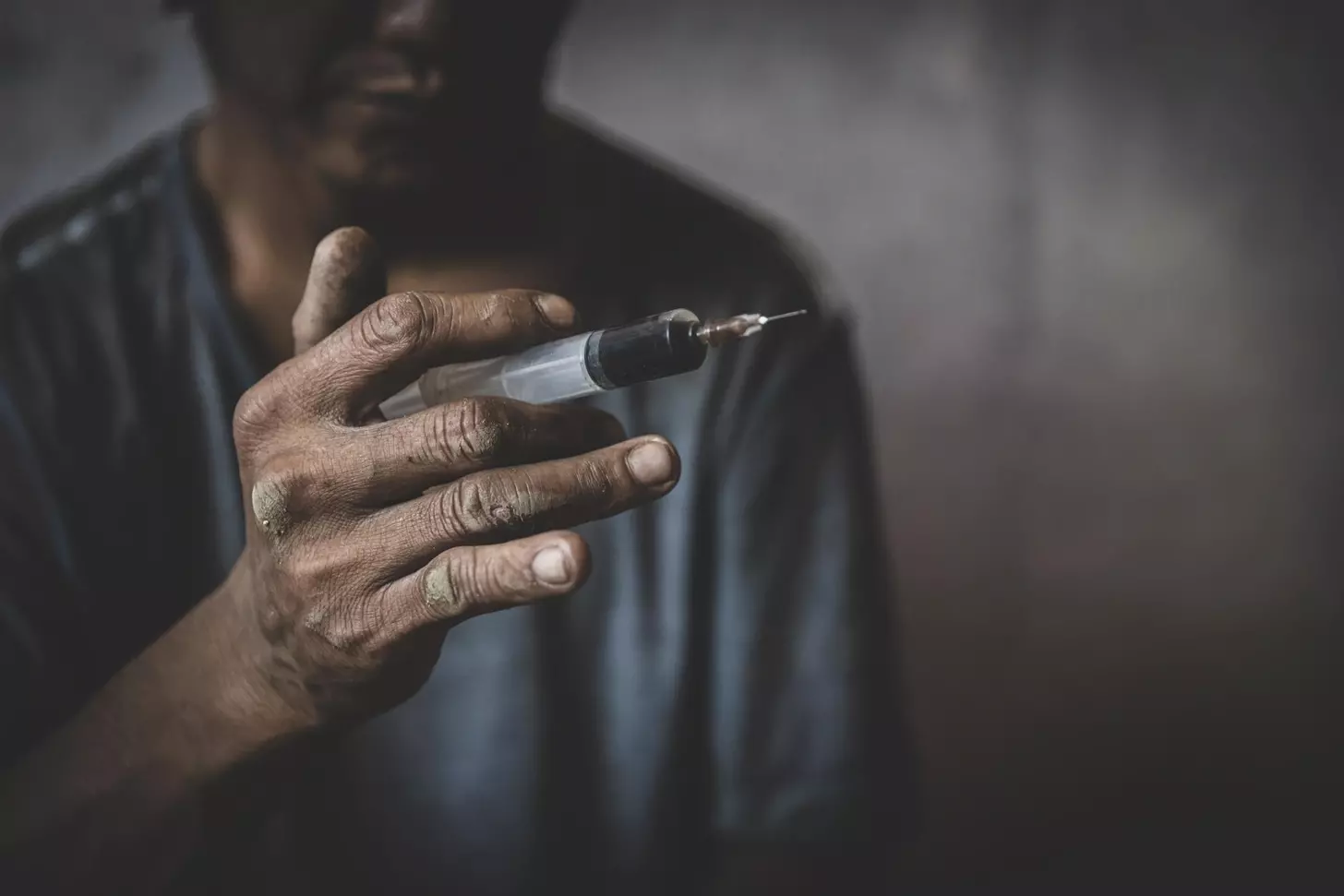
Beating drug addiction needs a full plan that includes medical help and emotional support. At Liv Hospital, we get how hard it is to stay drug-free. We aim to offer top-notch care and support for patients from around the world. We guide them through recovery with kindness and skill.
There’s a big push against substance abuse now. Communities are setting strict rules and starting helplines to help and report. We think fighting drug abuse and helping those caught up in it needs a mix of professional aid, strong support, and a personal vow to change.
Key Takeaways
- Comprehensive approach is necessary for overcoming drug addiction.
- Professional help and support systems are key for recovery.
- Personal commitment is vital for staying drug-free.
- Communities are joining forces against substance abuse.
- Liv Hospital offers complete care for international patients.
Understanding Drug Addiction and Its Impact
It’s key to understand drug addiction to find good treatments. Addiction, or substance use disorder, is a long-term condition that affects the brain and behavior. It makes it hard to stop using a substance, even when it harms you.
The Science Behind Addiction
Drug addiction is complex, involving biology, environment, and psychology. Using drugs releases dopamine, a chemical linked to pleasure. Over time, the brain changes, leading to tolerance and withdrawal without the drug.
The brain’s reward system is vital in addiction. Drugs can change the brain, making it hard to stop using. This is called neuroplasticity.
“Addiction is a brain disease that affects not only the individual but also their loved ones. Understanding this is key to providing compassionate care.”
Physical and Psychological Effects
Drug addiction affects the body and mind. It can cause heart problems and liver disease. It also leads to anxiety, depression, and even psychosis.
| Physical Effects | Psychological Effects |
|---|---|
| Cardiovascular issues | Anxiety and depression |
| Liver disease | Mood swings |
| Increased risk of infections | Psychosis in severe cases |
Research shows up to 75% of people recover from drug addiction with the right treatment. Knowing how addiction works helps us support those fighting it.
Recognizing When You Need Help
Knowing you need help is the first step to stop drug abuse. It’s hard to see the signs of drug dependency. But, it’s key to start your recovery journey.
Common Signs of Drug Dependency
Drug dependency shows in many ways. You might need more of the drug to feel the same effect. Or, you might feel sick when you stop using it.
Other signs include ignoring work, school, or home duties because of drugs. Or, you might keep using drugs even when it hurts you. Spending a lot of time getting, using, or recovering from drugs is another sign.
| Signs | Description |
|---|---|
| Increased Tolerance | Needing more of the drug to achieve the same effect |
| Withdrawal Symptoms | Experiencing physical or psychological symptoms when not using the drug |
| Neglecting Responsibilities | Failing to fulfill obligations at work, school, or home due to drug use |
Overcoming Denial and Seeking Support
Getting past denial is a big step to being drug-free. It’s important to be honest about your drug use. Getting help from doctors, family, and friends is key.
Efforts like computerized billing and regular checks in shops are helping fight substance abuse. These steps show we need to work together to fight drug addiction.
To stop drug and substance abuse, we must know the dangers and how to avoid them. We can build a supportive community. This will help people seek help when they need it.
By spotting the signs of drug dependency and acting early, we can support people on their path to recovery. This way, we can help them stay drug-free.
Professional Treatment Options to Stop Drug Addiction
Professional treatment is key to beating drug addiction and living a drug-free life. We know that beating addiction needs a detailed and personal plan. There are many professional treatments, each with its own good points and challenges.
Inpatient Rehabilitation Programs
Inpatient rehab programs offer a structured setting for deep treatment. They’re great for those with serious addiction or mental health issues. “Inpatient care gives a safe place for recovery, away from outside distractions,” says a top addiction expert.
The good things about inpatient programs are:
- 24/7 medical care
- Set daily plans
- Many therapy options
But, inpatient care can be pricey and means taking a lot of time off work and family.
Outpatient Treatment Services
Outpatient services are flexible for those who can’t or don’t want to stay in a facility. They offer counseling, group therapy, and help with medication. These programs are good for those with mild to moderate addiction or moving from inpatient care.
Outpatient care lets people keep their daily life while getting help. But, it needs a lot of personal drive and dedication.
Specialized Programs for Specific Substances
Some centers have special programs for certain drugs, like opioids, cocaine, or alcohol. These programs use the latest research and methods for each drug.
“Special programs can greatly help by tackling the unique problems of each drug,” says a famous addiction expert.
For example, for opioid addiction, medication-assisted treatment (MAT) is often used. It combines medicines like methadone or buprenorphine with counseling and therapy.
Knowing the different professional treatments helps those fighting drug addiction make better choices. It’s important to talk to health experts to find the best treatment plan.
Evidence-Based Behavioral Therapies
Evidence-based behavioral therapies are key in fighting drug addiction. They are backed by science and proven to work. These therapies help people overcome substance use disorders.
Cognitive Behavioral Therapy (CBT)
Cognitive Behavioral Therapy (CBT) is a common method. It focuses on changing negative thoughts and behaviors linked to addiction. CBT helps people see how their thoughts, feelings, and actions are connected. This way, they can learn to cope and solve problems.
CBT tackles the root causes of addiction. It helps manage cravings, avoid triggers, and stay sober for the long term. Research shows CBT can greatly reduce substance use and improve treatment results.
Motivational Interviewing Techniques
Motivational Interviewing (MI) aims to boost someone’s desire to change. MI is a conversation between the therapist and the person, focusing on overcoming doubts about changing substance use.
MI uses questions, listening, and summaries to help people overcome their mixed feelings. This method works well for those who are unsure or hesitant about changing.
Contingency Management Approaches
Contingency Management (CM) uses rewards to encourage staying away from substances. CM gives rewards for reaching goals, like providing drug-free urine samples.
CM has been shown to help people stay sober and keep treatment going. By giving real rewards, CM motivates people to keep moving forward in recovery.
In summary, therapies like CBT, MI, and CM are vital for treating drug addiction. By using these methods, healthcare experts can offer full support to those in recovery.
Medication-Assisted Treatment Options
Quitting substance abuse is tough, but medication-assisted treatments can help a lot. These treatments combine medicines with therapy to help people stay sober. This way, they can live a healthier life.
Medicines like methadone and buprenorphine are great for opioid addiction. They can cut relapse rates by up to 50% and lower death risks. These drugs help balance brain chemistry, reduce cravings, and block opioid effects.
Looking into drug addiction treatment means checking out different medication options. Our healthcare team works with patients to create a treatment plan. This plan includes the best ways to quit drugs, like medicines and therapy.
Using medication-assisted treatments in a treatment plan helps people stay sober for good. We aim to give top-notch healthcare and support to those fighting substance abuse.
FAQ
What are the first steps to overcoming drug addiction?
First, you must admit you have a problem. Then, seek help from professionals. Building a support network is also key. We focus on creating treatment plans that meet each person’s needs.
How does drug addiction affect the brain and body?
Addiction changes the brain’s chemistry, leading to dependence. It affects both the brain and body. We explain why a full treatment is needed.
What are the common signs of drug dependency?
Signs include needing more of the drug, feeling sick without it, and constantly seeking it. We help you recognize these signs and find help.
What professional treatment options are available for drug addiction?
There are many options, like inpatient and outpatient programs. Each has its own benefits and challenges. We tailor treatment to fit each person’s needs.
How do evidence-based behavioral therapies help in treating drug addiction?
Therapies like Cognitive Behavioral Therapy and Motivational Interviewing are effective. We explain how these therapies work and their use in real-world settings.
What is medication-assisted treatment, and how can it support recovery?
Medication-assisted treatment uses drugs to help recovery and prevent relapse. We discuss its benefits and how it fits into treatment plans.
How can I stay drug-free after completing a treatment program?
Staying drug-free needs ongoing support. This includes aftercare programs and support groups. We provide resources for a drug-free life.
What are the ways to prevent drug abuse and addiction?
Prevention includes education and avoiding risks. We talk about strategies like early intervention and community programs.
How can family and friends support someone struggling with drug addiction?
Offer emotional support and encourage treatment. Help create a supportive environment. We guide on how to be empathetic and understanding.
What are the benefits of seeking professional help for drug addiction?
Professional help offers proven treatments and ongoing support. We stress the importance of professional care in beating addiction.
References
- National Center for Biotechnology Information (NCBI) Bookshelf. (n.d.). Retrieved from https://www.ncbi.nlm.nih.gov/books/NBK424859/table/ch4.t2/


